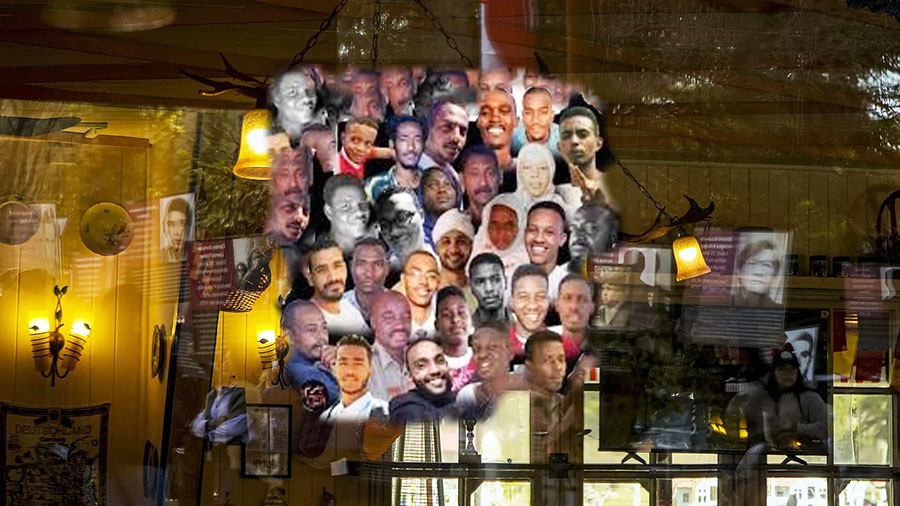
From Santiago to Khartoum: A Democratic Lesson Amid the Rubble of War
Abdel Nasser Fadl
In Sudan today, amid the whizzing of bullets and the absence of the state, the idea of a democratic transition seems like a deferred luxury. But distant experiences, such as Chile in the 1980s, remind us that the path to democracy can begin even from the heart of oppression, if civil forces find enough organization and patience.
In 1973, General Augusto Pinochet overthrew the elected president, Salvador Allende, ushering in a decade and a half of strict military rule. The security grip extended to universities, unions, and the liberal professions, closing any window for independent expression. Yet, in the shadows, networks of quiet resistance emerged: human rights organizations documenting abuses, lawyers pursuing the authorities in court, and unions reorganizing out of sight.
Over time, these scattered efforts morphed into a broad coalition: Christian democrats, socialists, communists, and liberals, all under one banner—ending military rule. Unions played a crucial role through strikes that paralyzed the economy and linked todays livelihood to tomorrows freedom. Even the constitution Pinochet drafted to protect himself became a tool for his removal when the "No" camp won the 1988 referendum with 56% of the vote.
The Sudanese also knew how to create a decisive popular moment, as happened in the 2019 revolution, when millions filled the streets demanding an end to military rule. The difference today, however, is that the path to democratic transition is blocked not only by political divisions but also by a raging civil war that is fragmenting the country and exacerbating displacement and hunger.
This war has not only emptied state institutions but also the civil sphere itself, confronting unions and professionals with an existential question: How do you maintain your voice and plan for the future when the city you live in is threatened with collapse?
Sudan can learn from the Chilean experience if its civil forces can transcend ideological differences and set a single goal: ending both military rule and war. This requires a degree of political professionalism that transforms law and the constitution into a unifying platform rather than tools of conflict. Popular anger also needs to be coupled with leadership experienced in politics, economics, and the media to guide it toward tangible results. Most importantly, public discourse must be based on hope, not revenge, so as to reassure the hesitant as much as it mobilizes the angry. Because democracy can only survive if institutions exist to protect it, the involvement of unions in the transition process becomes essential, not only to ensure the continuation of democratic life after the fall of tyranny, but also to address the roots of war so that it does not recur.
Conclusion:
Just as the "civil government" in some parts of Sudan demonstrated the ability of people to organize their lives in the absence of the state, the Chilean experience demonstrates the ability of civil forces to change the regime even in the most dire circumstances. The difference is that Sudan today faces a dual challenge: toppling tyranny and stopping the bloodshed of war.
From Santiago to Khartoum, the lesson is the same: there is no democracy without unity, and there is no unity without peace.

